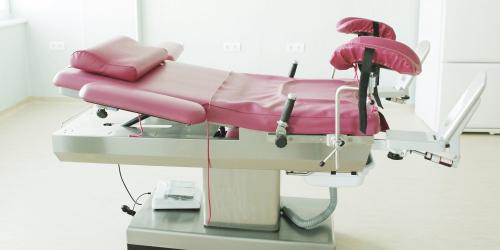Since the scandal and the derogation in 2013 of 3rd and 4th generation pills, worries are keen on contraceptive hormones. And with many women's complaints about the side effects of the Mirena Hormone IUD , fears are multiplying.
What do we really know about these synthetic hormones that mimic the hormones produced by our body?
An impact on the whole organism
Estrogen and synthetic progesterone influence the ovaries and uterus to block ovulation and embryo implantation. It is by putting these two organs at rest that their contraceptive effectiveness takes place.
But their field of action is more extensive, since other organs also have receptors for female hormones.
For example, estrogen is involved in the development of the brain, skeleton and cardiovascular system. They also have effects on the liver. An excess of estrogen can also boost the fat cells, cause pain in the breasts and cause headaches .
Hence the importance of changing the pill or IUD in case of adverse effects. Since estrogens work in synergy with progesterone, you need to find the right hormonal balance, which is the contraceptive whose composition and dosage best suits you.
Possible venous disorders
Synthetic estrogen maltreat the venous system. All estrogen / progestin pills, even if slightly dosed, can cause the small vessels to burst , creating spider veins.
They are also likely to cause heaviness in the legs , or phlebitis that can degenerate into pulmonary embolism.
This is why women at risk for varicose veins and phlebitis should turn to estrogen-free contraceptives, such as progestin-only pills, hormonal implants or hormonal IUDs. In case of high blood pressure, also beware of estrogen pills, especially after 40 years.
Proven effects on the brain
A Danish study *, published in September 2016 in the journal Jama Psychiatry, established a serious correlation between contraceptive hormones and depression . Researchers from the University of Copenhagen followed more than one million women aged 15 to 34 years. Verdict: women on hormonal contraception have an increased risk of depression of 40%, compared to other women.
And among young people aged 15 to 19, this risk rises by 80%! All hormones are not equal. 23% of women taking a combined pill (estrogen progesterone) used antidepressants, compared to 34% of those taking a pill that delivers only progesterone.
And among users of the contraceptive ring, the risk is increased by 100%. While the majority of women subject to contraceptive hormones do not report depression, the risk of over-risk seems obvious.
Hormone hormones spread everywhere
The hormones delivered by Mirena-type IUDs apparently do not only act locally, contrary to what doctors have long claimed. The undesirable effects of which many women complain have an impact on the whole body : migraines, back pain, tingling in the legs, seizures, depression ...
Progesterone would not be confined to the urogenital sphere . It seems to be interfering with the general blood circulation.
After being decried, this idea has just been attested by Dutch researchers. Their study, released in February 2017 *, shows that it even reaches the brain where it can induce delusions .
Good methods for ovaries and bones
Synthetic hormones also have good sides. In addition to the freedom that their contraceptive action allows, they fight against bone demineralization, thus preventing osteoporosis.
They also reduce the risk of ovarian and uterine cancers , as several American studies have shown. By reducing the number of menstrual cycles, they reduce estrogen exposure, thus decreasing the likelihood of uncontrolled cell proliferation. This effect is essentially for hormones taken continuously, which remove the rules.
* https://jamanetwork.com/journals/jamapsychiatry/article-abstract/2552796
** www.researchgate.net/publication/314138176_The_levonorgestrel-releasing_intrauterine_device_potentiates_stress_reactivity




